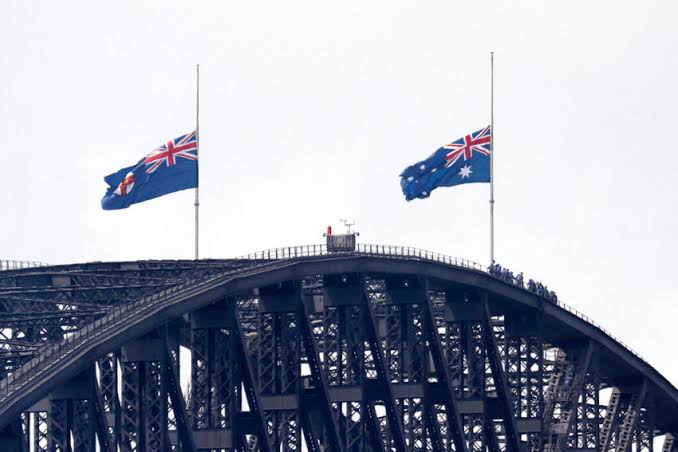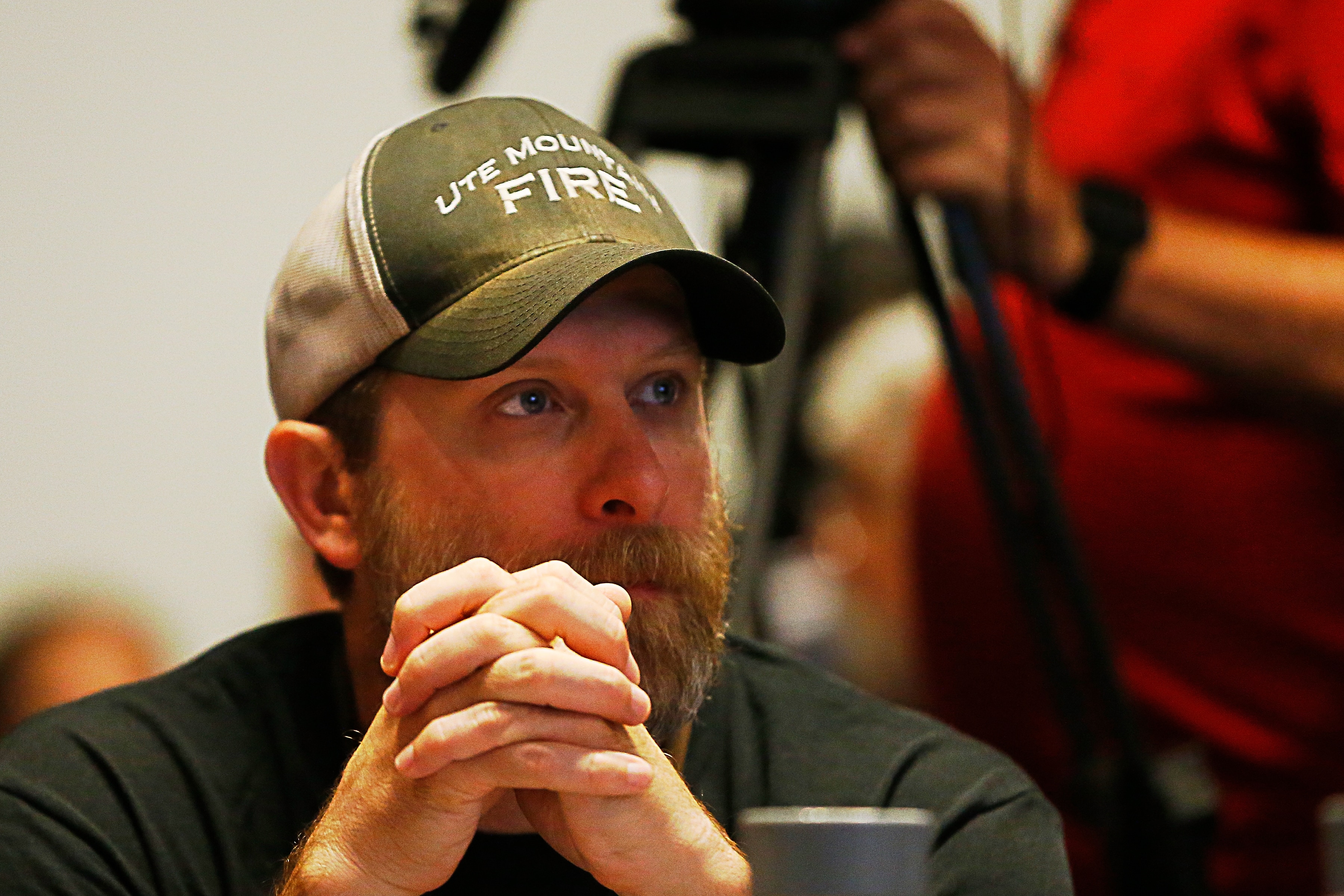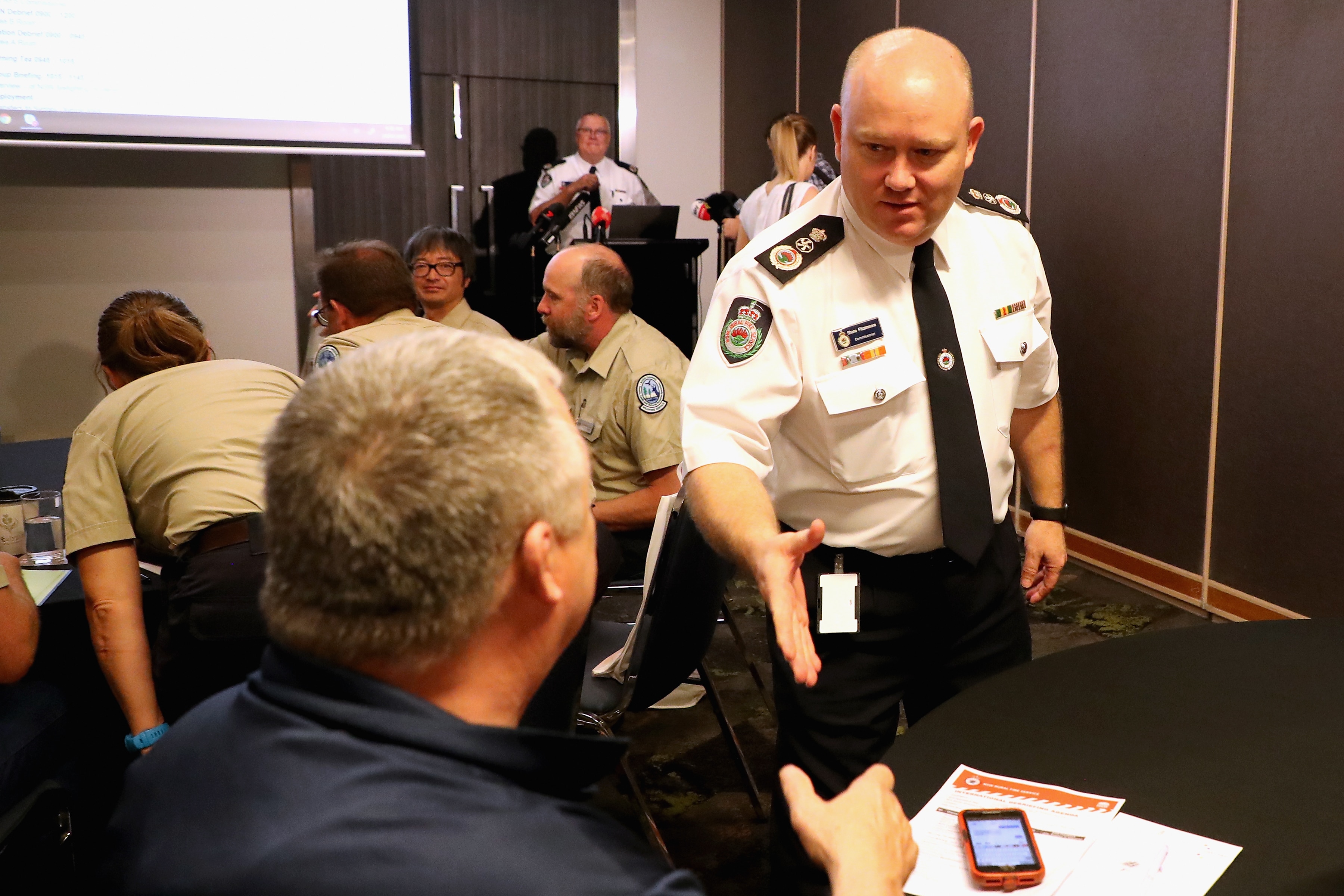Australian Flags have been set to half mast in honour of three US Firefighters who died when their plane crashed fighting NSW fires.
The tragic deaths of three US firefighters, who were battling bushfires in southern NSW when their air tanker crashed, has been described as a “body blow” to the whole firefighting community.
The three men – seconded to Australia from the US – died after the C-130 water tanker they were flying smashed into the ground 50km northeast of Cooma on Thursday afternoon.
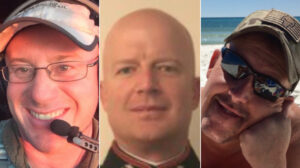
The cause of the crash remains unclear.
The three firefighters have been remembered as “brave Americans” as authorities paid tribute to the trio. The men, aged 42, 43 and 45, were highly skilled, experienced and dedicated to the “art” of aerial firefighting.
“It’s a body blow for everyone in the firefighting fraternity, in the community of NSW and further afield,” RFS Commissioner Shane Fitzsimmons told reporters in Sydney on Friday. “.. a confronting and sobering reminder of the enormity of the risk and challenge associated with this fire season and all the firefighting effort that goes along with it.” Fitzsimmons said he had spoken to Canada-based company Coulson Aviation which owned and operated the plane, known as Zeus.
The C130 aircraft is a “workhorse of the air” which could carry 15,000 litres of water and integrate with firefighters on the ground. Its owners are due to fly into Sydney on Saturday and the families of the fallen men also expected to arrive in the city over the weekend.
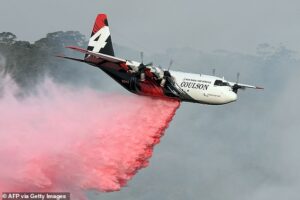
NSW Emergency Services Minister David Elliott called this fire season “possibly the darkest summer in the state’s history” as he paid tribute to the three American firefighters, saying there was “nothing new in the Australian-US-Canadian relationship”.
“We’ve been helping each other for over 20 years in terms of emergency services,” he said.
Mr Elliott thanked all of the international volunteers who had come to help NSW firefighting efforts in what “will possibly be called the darkest summer in the state’s history”.
A minute’s silence was held during the farewell breakfast on Friday.
“The firefighting fraternity is a tight-knit family, a fairly small family and the crew on board were well known, not just to their colleagues here in Australia,” Mr Fitzsimmons said. “Our hearts are with all those that are suffering what is the loss of three remarkable, well-respected crew that have invested so many decades of their life into firefighting.”
Mr Fitzsimmons said the US and Canadian fire crews made a discernible difference in the firefighting effort.
“What you have been able to provide is some reprieve, some rest for crews who have been going for weeks and months,” he said.
Alaska region fire management officer Chuck Russell, who is part of the US and Canadian contingent in NSW, said there’s been a “sombre” mood among the firefighters since the crash.
“It doesn’t matter whether you’re a contractor, a Canadian, a New Zealander or an Australian, it hits hard when we lose one of our own,” he told reporters on Friday.
“We know what we do is inherently dangerous but it doesn’t happen that often thankfully.”

